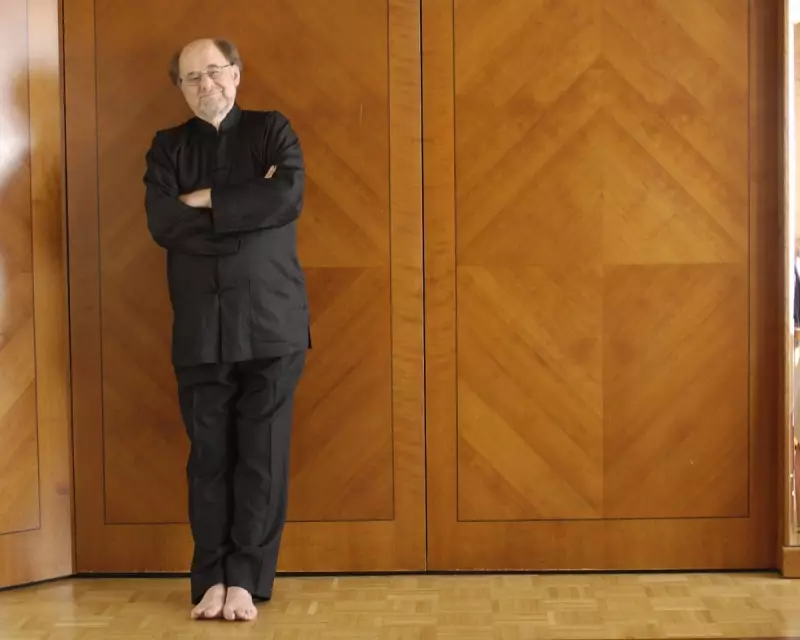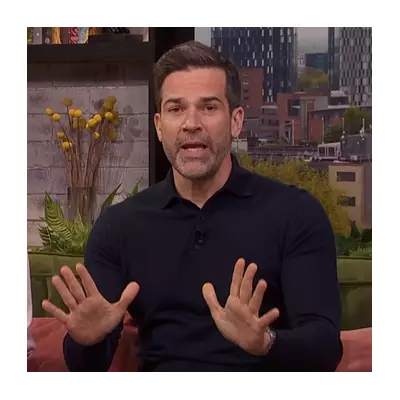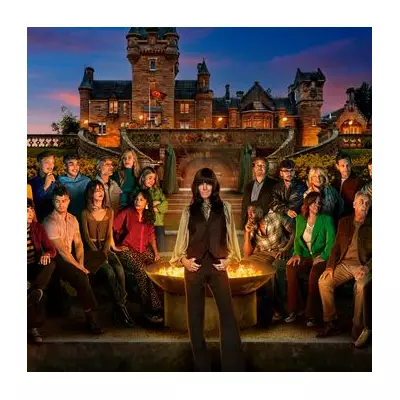
Sir Roger Norrington, the trailblazing British conductor whose bold interpretations and insistence on historical authenticity transformed classical music, has left an indelible mark on the world of orchestral performance. Known for his fiery passion and unwavering commitment to period-style playing, Norrington's influence extended far beyond the concert hall.
A Revolutionary Approach
Norrington's most controversial yet groundbreaking innovation was his rejection of vibrato in Romantic-era music. This purist stance, initially met with scepticism, ultimately reshaped how orchestras approached composers like Beethoven and Brahms. His work with the London Classical Players and later the Stuttgart Radio Symphony Orchestra demonstrated that historically informed performance could bring startling new vitality to familiar repertoire.
Early Life and Musical Awakening
Born in Oxford in 1934, Norrington's musical journey began as a chorister at Westminster Abbey. After studying at Cambridge University and the Royal College of Music, he initially pursued a career as a tenor before turning to conducting. His early fascination with Baroque music laid the foundation for his later revolutionary ideas about tempo and instrumentation.
Legacy of Innovation
Norrington's recordings of Beethoven's symphonies with the London Classical Players remain benchmark interpretations. His insistence on faster tempi and leaner textures revealed details often obscured by modern performance traditions. Later in life, he brought these same principles to mainstream orchestras, proving that historical awareness could enrich even modern instrument playing.
The Norrington Effect
Beyond specific musical decisions, Norrington's greatest contribution may have been his ability to make orchestras think differently about the music they played. His rehearsals were legendary for their intellectual rigour and infectious enthusiasm. As one former player recalled, "He didn't just want us to play the notes - he wanted us to understand why the composer wrote them that way."
Norrington's passing marks the end of an era, but his musical vision continues to influence generations of musicians and music lovers worldwide. His recordings and teachings ensure that his revolutionary approach to classical performance will endure for years to come.





